Category: Carrier Status
-
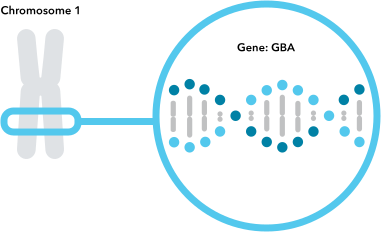
Gaucher Disease Type 1 & Genetics
Causes of Gaucher disease type 1 Gaucher disease type 1 is caused by variants (differences) in the GBA gene, also called GBA1. The GBA gene contains instructions for making an enzyme that breaks down a large, fatty molecule called glucocerebroside into simpler sugars and fats. Certain variants in the GBA gene prevent the enzyme from…
-
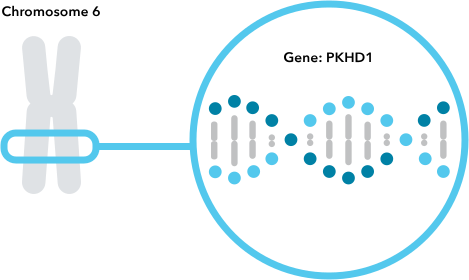
Autosomal Recessive Polycystic Kidney Disease
Causes of ARPKD ARPKD is most often caused by variants (differences) in the PKHD1 gene. The PKHD1 gene contains instructions for making a protein called fibrocystin that is primarily found in the kidneys. Although its exact function is unknown, it is thought to play an important role in the development and function of the kidneys.…
-
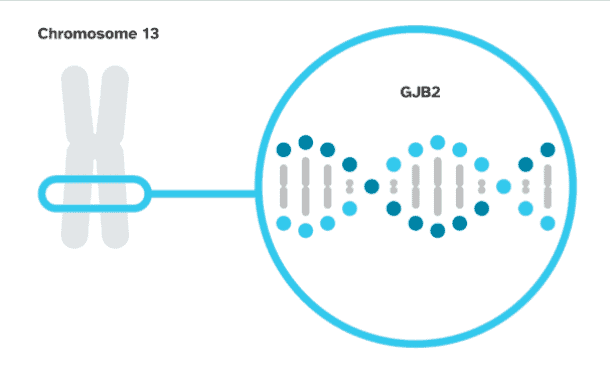
Nonsyndromic Hearing Loss and Deafness, DFNB1
What is DFNB1? DFNB1 is an inherited condition characterized by mild to profound hearing loss that is typically present from birth. In most cases, a person must have two variants in the GJB2 gene in order to have this condition. People with just one variant in the GJB2 gene are called carriers. They’re not expected…
-
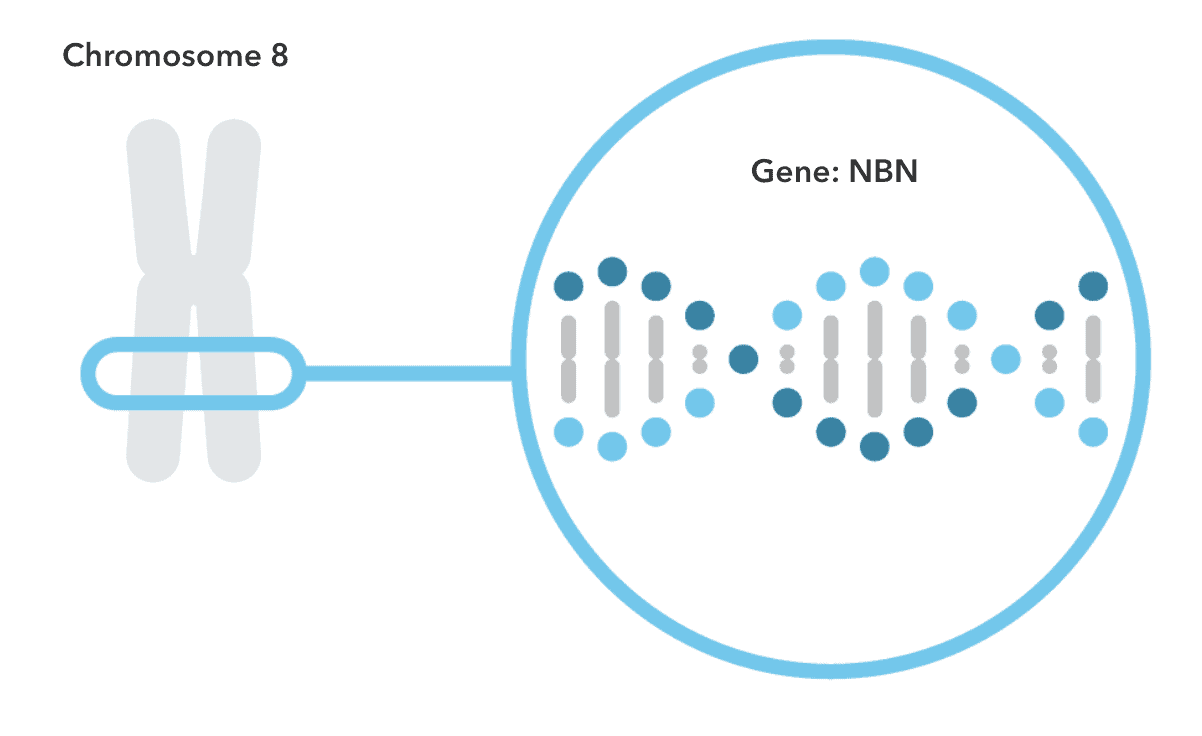
Nijmegen Breakage Syndrome
What is Nijmegen breakage syndrome? Nijmegen (pronounced “NY-may-gen”) breakage syndrome is a rare genetic disorder. It is characterized by developmental delay, recurring infections, and an increased risk of cancer. A person must have two variants in the NBN gene in order to have this condition. People with just one variant in the NBN gene are…
-

Hereditary Fructose Intolerance
What is hereditary fructose intolerance? Hereditary fructose intolerance is a rare genetic disorder. It is characterized by low blood sugar levels, stomach pain, and vomiting after eating fructose (a type of sugar). A person must have two variants in the ALDOB gene in order to have this condition. People with just one variant in the…
-
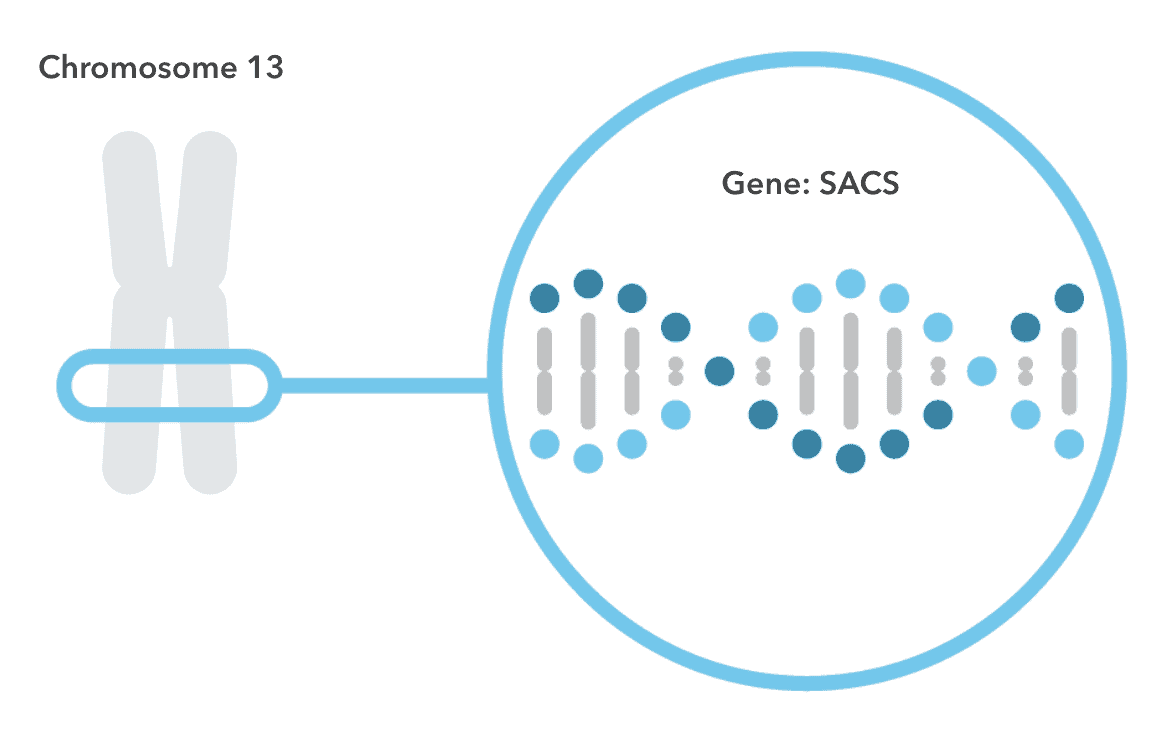
ARSACS
What is ARSACS? ARSACS (also known as autosomal recessive spastic ataxia of Charlevoix-Saguenay) is a rare genetic disorder characterized by loss of sensation and muscle control, as well as muscle stiffness that worsens over time. A person must have two variants in the SACS gene in order to have this condition. People with just one…
-
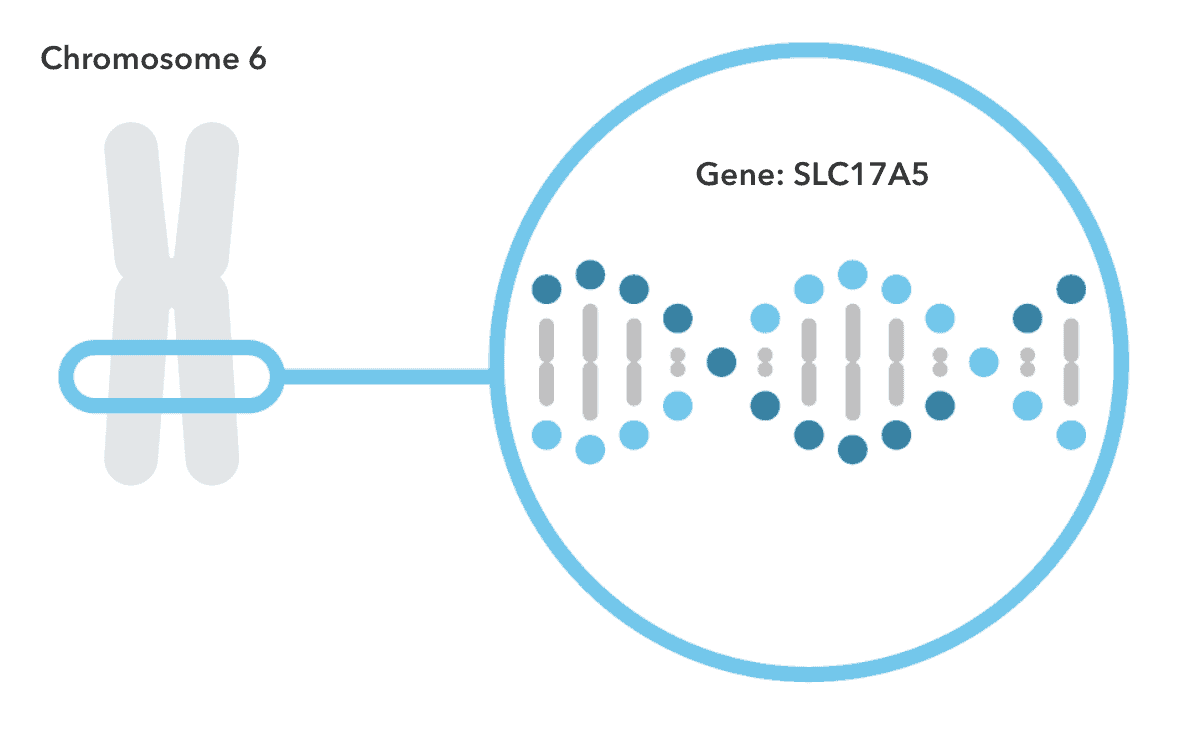
Salla Disease
What is Salla disease? Salla disease (also known as free sialic acid storage disease) is a rare genetic disorder. It is characterized by a gradual loss of muscle tone and coordination, as well as impaired growth, intellectual disability, and seizures. A person must have two variants in the SLC17A5 gene in order to have this…
-
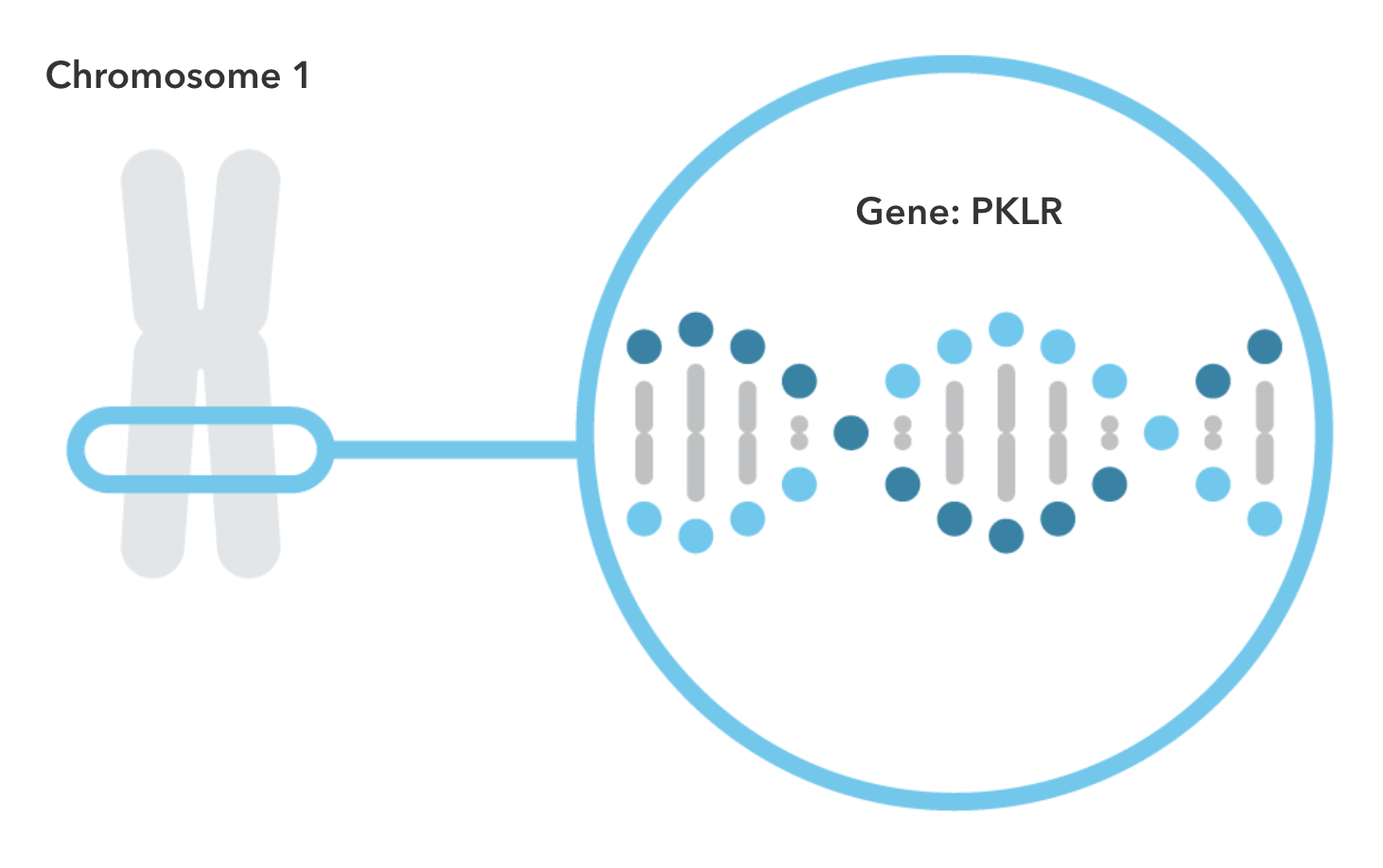
Pyruvate Kinase Deficiency
What is pyruvate kinase (PK) deficiency? Pyruvate kinase (PK) deficiency is a rare genetic disorder in which red blood cells break down too quickly, leading to chronic anemia. A person must have two variants in the PKLR gene, or two copies of a variant, in order to have this condition. People with just one variant…
-
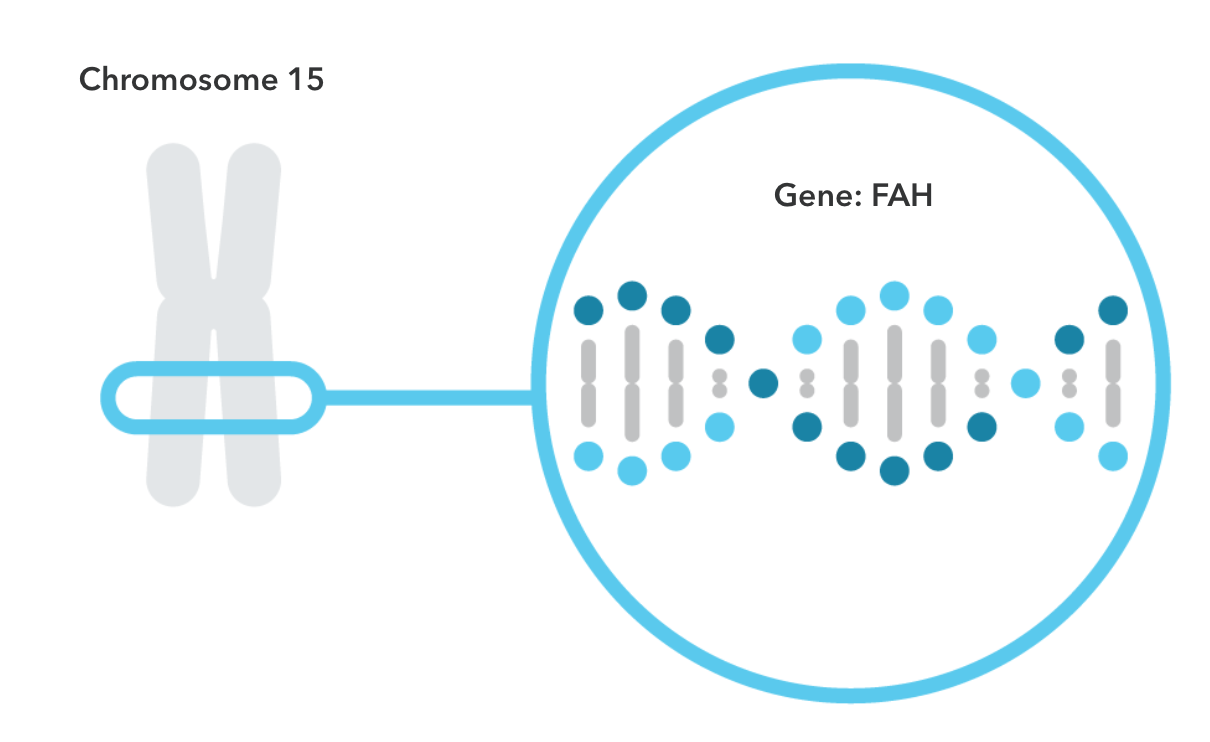
Tyrosinemia Type I & Genetics
What is tyrosinemia type I? Tyrosinemia type I is a rare genetic disorder characterized by high levels of the amino acid tyrosine that can lead to liver and kidney disease. A person must have two variants in the FAH gene in order to have this genetic condition. People with just one variant in the FAH…
-
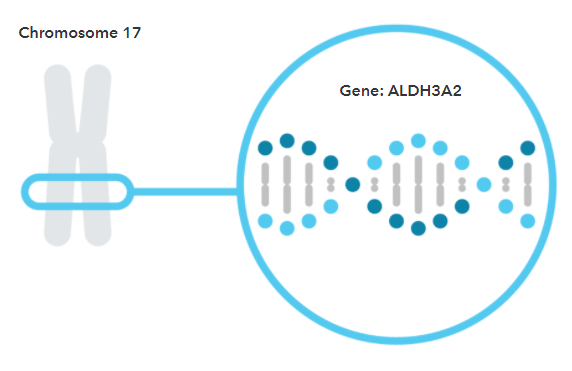
Sjögren-Larsson Syndrome
What is Sjögren-Larsson syndrome? Sjögren-Larsson syndrome is a rare genetic disorder characterized by scaly dry skin, intellectual disability, and persistent muscle stiffness. A person must have two variants in the ALDH3A2 gene in order to have this genetic condition. People with just one variant in the ALDH3A2 gene are called carriers. They’re not expected to…